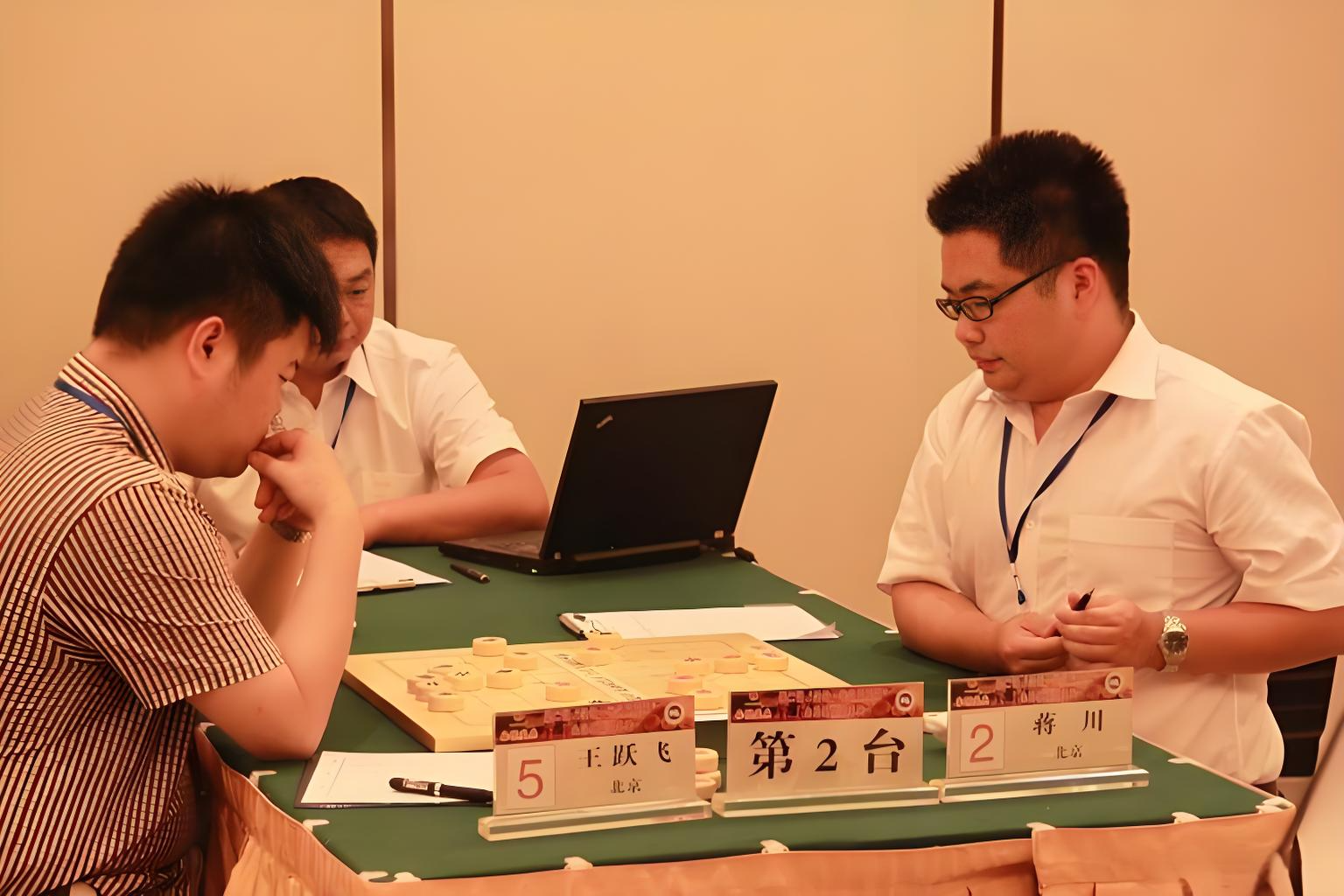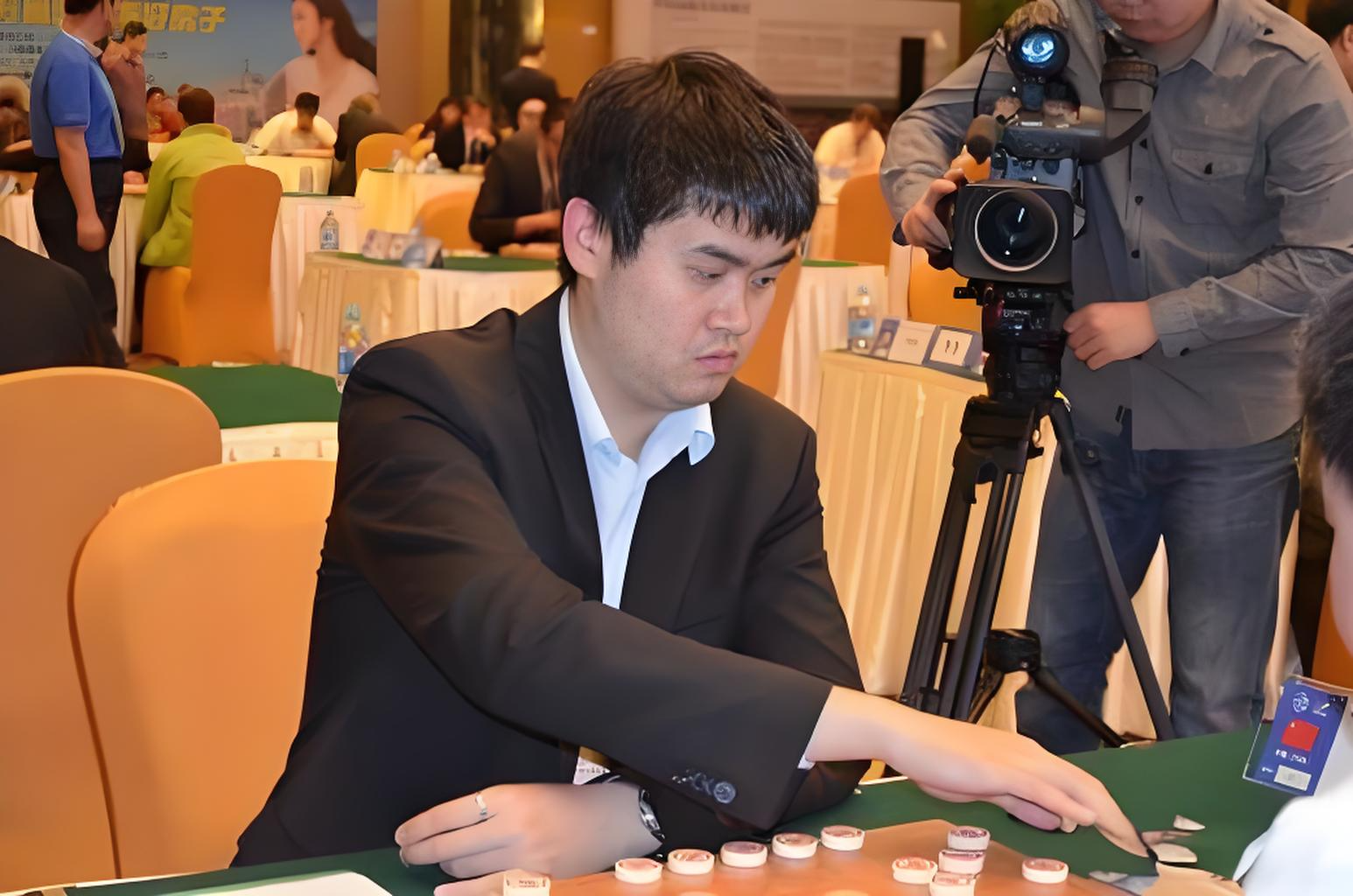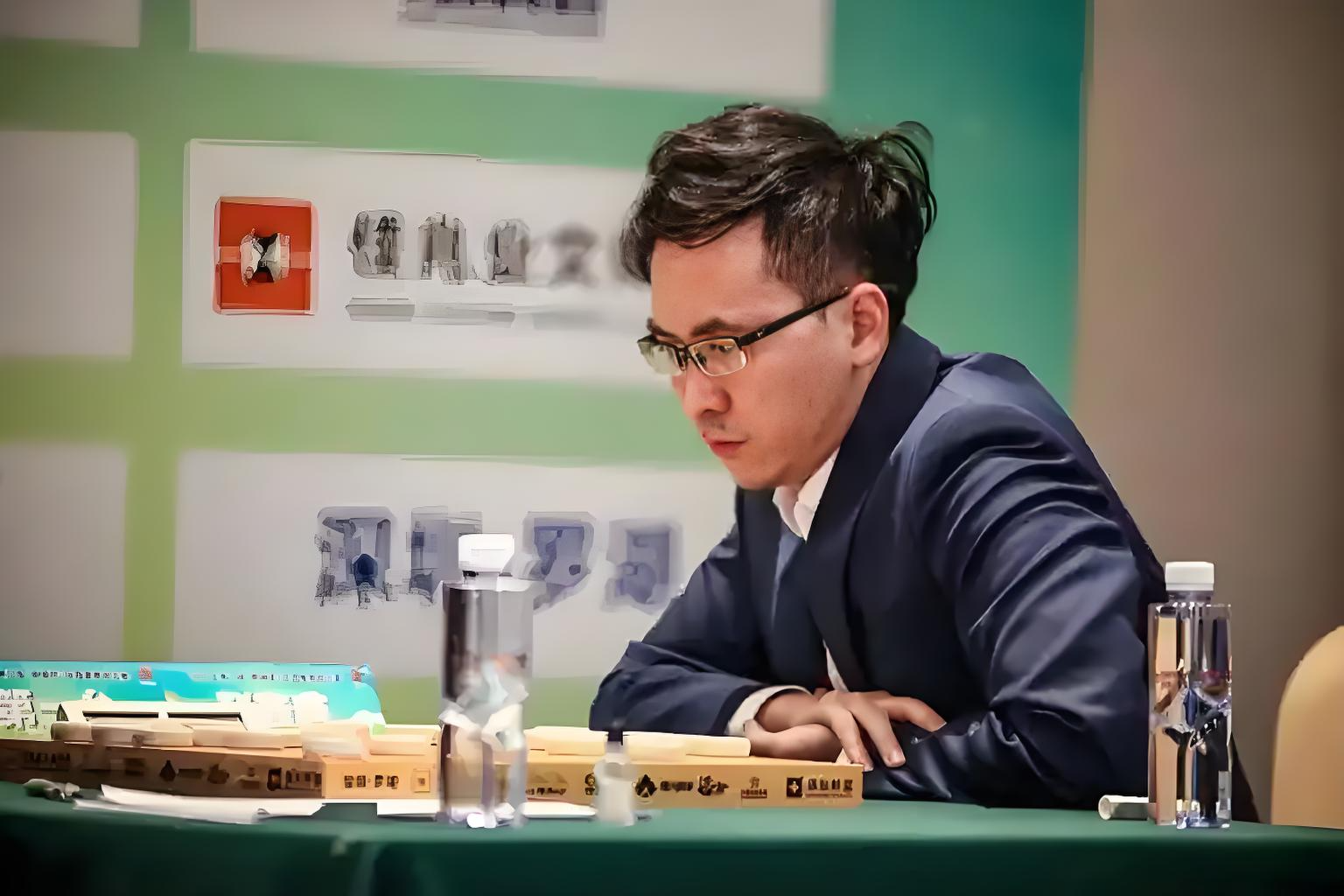Recently, a shocking scandal has rocked the world of Chinese chess. An investigation by the General Administration of Sport has uncovered a significant number of "buy-sell chess" incidents on the chessboard. Simply put, some players deliberately concede or throw matches for their own benefit, even going so far as to "pre-arrange" the outcome of games. This incident has not only disappointed many chess enthusiasts but also raised doubts about the fairness of the entire sports industry.

The exposure of this event reveals that it is actually "black money transactions" behind the scenes. "Buy-sell chess" sounds like a plot from a novel, but it is indeed happening on our real-life chessboards. Since 2012, with the increasing professionalization of chess, more and more players have joined the industry. However, no one expected that as the number of competitions increased, the transactions behind the scenes would become increasingly rampant. The "main characters" of the buy-sell chess are no longer just the games themselves, but the players who have undisclosed agreements and interest chains behind them.

The investigation shows that some players reach a "tacit understanding" with their opponents before the game: I let you win, and you let me win. These transactions are often related to bonuses, rankings, and promotions. After all, the prize money for chess is not generous, and many players' incomes are not enough to cover living expenses. To maintain their careers, even some well-known players have begun to "trade" match results behind the scenes.

In the past, we always thought of chess matches as serious and full of wisdom, but now they have become a stage for some people's interest exchanges. Many people begin to doubt whether those previously admired "wonderful chess games" were true or false? Is it often the case that the players have already "arranged" the results in advance?

Behind the concessions in the chess game lies the survival strategy of the players. You may ask, why do these top players choose to "concede"? In fact, the reason behind this is very simple - the pressure of their career. Some players, due to age, physical condition, and state issues, are no longer at their peak, but they still need to maintain their income sources and sustain their careers. Therefore, they choose to reach an agreement with their opponents and accept the so-called "concession" matches.

For example, a once-famous chess genius surnamed Xu had such a "collaboration" with some young players. Young players can ensure stable income and rankings through concessions with veterans, while veterans gain additional bonuses or other benefits in such transactions.

Such "tacit understandings" may be a necessary means of survival for some players, but for the entire industry, it is undoubtedly a disaster. This behavior not only deprives the matches of their original fairness but also seriously damages the image of chess as a traditional culture.

With the spread of the "buy-sell chess" phenomenon, the General Administration of Sport has finally decided to take action. The investigation team has launched a comprehensive review, starting to collect evidence from the competition venues, replay historical matches, and search for abnormal situations in the matches. After in-depth investigations, more and more "behind-the-scenes black hands" have come to light.

Many players and coaches could no longer continue to hide the facts in the face of the investigation. For example, Wang Tianyi, who has long occupied the top spot in China's chess rankings, was arrested for manipulating match results; and the once highly respected chess master Dang Fei was also investigated for suspected involvement in similar "buy-sell chess" transactions. What is most shocking is that many transactions were actually carried out through cash transactions, with some even being delivered directly at the competition site. The exposure of all this has made many chess fans feel heavy-hearted.
Among the athletes punished for participating in buy-sell chess, only five of the top ten players were not penalized. They are Xu Yinchuan and Lü Qin, who are semi-retired, and Jiang Chuan (ranked 4th), Hong Zhi (ranked 7th), and Shen Peng (ranked 10th) who are still active. Among the top ten, half participated in buy-sell chess and were punished, including the top three ranked players Wang Tianyi, Zheng Weitong, and Zhao Xin, who were all banned for life.
Of course, some players chose to stand up during the investigation, admitting their mistakes and apologizing for their actions. Despite this, the impact of this incident remains indelible.
Another serious problem in the chess industry is that the players' incomes are generally low. Although world-class chess masters can receive millions in prize money, most ordinary players' incomes are far below this level. The champion of the national chess championship receives a mere 100,000 yuan in prize money. Compared to professional football players who earn millions of dollars, the income gap in chess is simply worlds apart.
This makes many young players face career pressures and may fall into difficulties due to insufficient income. To alleviate the pressure of making a living, some players may choose to join the ranks of "buy-sell chess." Over time, the industry's atmosphere gradually deteriorates, and more and more young players choose to walk down this gray path.
If the chess industry can increase prize levels and provide professional chess players with more commercial sponsorship opportunities, this might be the key to solving the problem. What do you think?